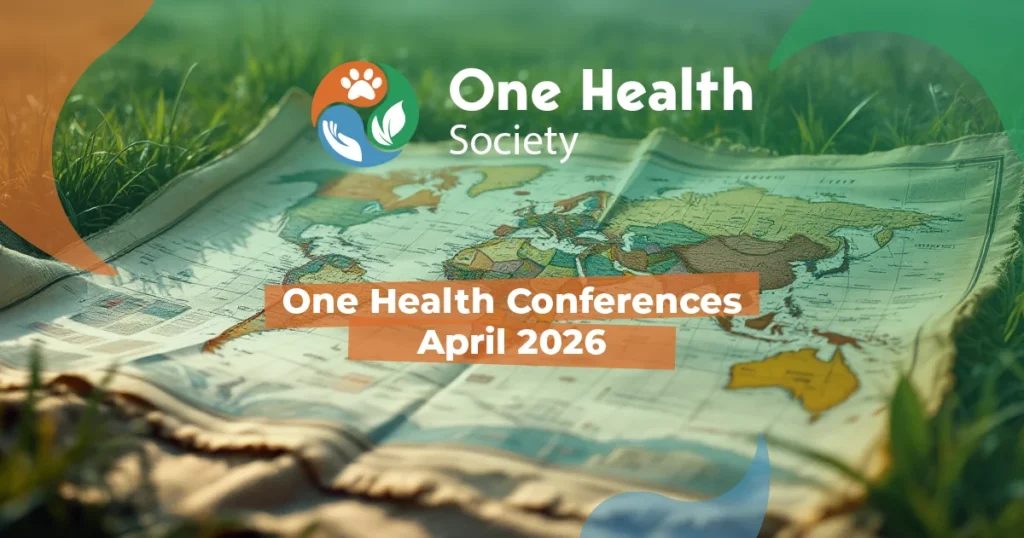Support among US adults for the measles, mumps, and rubella (MMR) vaccine has dropped from 90% to 82% in just a few short months, while confusion reigns over whether Health and Human Services Secretary Robert F. Kennedy Jr.—the top US official spearheading prevention efforts—recommends that children be vaccinated against measles, according to the latest poll from the Annenberg Public Policy Center (APPC) at the University of Pennsylvania.
The poll also found that most Americans correctly believe that the MMR vaccine does not cause autism, though that number has slipped, while over half of those surveyed weren’t sure whether a mercury-based preservative in some vaccines increases the risk of autism, despite studies showing no link.
The results come as US measles cases surpass 1,600 and outbreaks across the country grow.
The poll was conducted August 5 through 18 among 1,699 adults, 28 of whom took the survey in Spanish. It has a margin of error for the entire sample of plus or minus 3.5 percentage points.
Less support for, knowledge of MMR vaccines
In previous Annenberg polls, in April 2022 and November 2024, 89% and 90% percent of adults, respectively, said they would recommend the MMR vaccine for a child in their household who was eligible. That dropped to 82% in the new poll.
The Centers for Disease Control and Prevention (CDC) recommends that kids receive a first MMR vaccine dose at 12 to 15 months of age and a second dose from 4 to 6 years old. The CDC says one dose is 93% effective at preventing measles, and two doses are 97% effective.
When given the choice of a number of different diseases and conditions that begin with the letters “M” and “R,” about two-thirds knew that the MMR vaccine is designed to prevent measles (68%), mumps (65%), and rubella (64%). Similar numbers correctly did not select alternatives like meningitis (66% did not select), mpox (68% did not select), and rhinitis (69% did not select).
More than 1 in 4 respondents (27%), however, say they are not sure what the MMR vaccine is made to prevent.
Given the options of vaccination, good nutrition, or neither, a strong majority say the best way to prevent contracting measles is to be vaccinated (81%), while 1% say “eating a healthy diet,” 6% say neither, and 11% are not sure.
During a large measles outbreak centered in West Texas earlier this, Kennedy suggested that poor nutrition and a lack of exercise play a role in measles and misleadingly focused on vitamin A, including from cod liver oil, as a treatment. Even so, nearly 75% of those polled know it is true that “healthy, well-nourished children can get measles.” Just 7% think that is false and 14% are not sure.
Two thirds of respondents (67%) correctly know that the MMR vaccine usually protects against measles for a lifetime, though 21% are not sure and 13% think it does not.
Kennedy confusion
Those polled expressed uncertainly about where Kennedy, a longtime vaccine critic, stands on MMR vaccination. Less than a quarter of respondents (23%) say he recommends that children be vaccinated against measles, 29% say he does not recommend it, and about half (48%) aren’t sure.
The confusion is understandable, given that, during his Senate confirmation hearings in January, Kennedy refused to say that vaccines do not cause autism and even spotlighted a flawed study suggesting they do. As HHS secretary, he has made incorrect claims about the MMR vaccine, including that “it does cause deaths every year,” and that it causes “all the illnesses that measles itself causes.”
Of note, 19% of those polled correctly stated that the MMR vaccine causes no deaths in children. Half of those surveyed are not sure, while 32% chose higher rates. According to the Infectious Diseases Society of America, no deaths have been shown to be related to the MMR vaccine in healthy people.
Mixed messages about the safety and efficacy of measles vaccination from those leading health agencies fuel confusion and cultivate a climate that is hospitable to an otherwise preventable and sometimes deadly disease.
Kennedy has at times voiced support for measles vaccination, but never unequivocally. On April 6, he wrote on X, “The most effective way to prevent the spread of measles is the MMR vaccine.” In an April 8 CBS interview, he said, “We encourage people to get the measles vaccine.” But he added, “We don’t know the risks of many of these products because they’re not safety tested,” which is not true.
And around the same time, Kennedy called two Texas doctors “extraordinary healers” for using two dubious treatments for measles patients.
About two thirds of the public (65%) correctly said it is false to claim that immunizations like the MMR vaccine cause autism, though that represents a drop from June 2021 through July 2024, when 70% to 74% of respondents agreed it was false to link autism with vaccines.
“Mixed messages about the safety and efficacy of measles vaccination from those leading health agencies fuel confusion and cultivate a climate that is hospitable to an otherwise preventable and sometimes deadly disease,” said APPC Director Kathleen Hall Jamieson, PhD, in a news release.
Opinions on vaccine safety
A solid majority (70%) similarly says that vaccines approved for use in the country are safe, although that also represents a decline from April 2021 to January 2022, when 76% to 79% said vaccines are safe.
Asked about any connection between the mercury-based vaccine preservative thimerosal and autism, half of those surveyed (51%) are not sure whether thimerosal increases, decreases, or has no effect on the chances that a person getting a vaccine will develop autism. Over a third (37%) correctly say it has no effect on the chances of developing autism, and 10% say it increases the chances.
Many studies since have supported thimerosal’s safety, according to FactCheck.org, and it has not been in childhood vaccines other than flu vaccines since 2001. But in July 2025, Kennedy signed off on recommendations by the CDC’s Advisory Committee on Immunization Practices to remove thimerosal from US flu vaccines.
Consequences of measles
Other poll findings highlight low knowledge among US adults of the consequence of measles.
Only 22% correctly know that some people experience encephalitis (brain swelling) when infected with measles. A small number (3%) say you can get encephalitis from the measles vaccine, which is extraordinarily rare. Ten percent say you cannot get encephalitis from measles or the measles vaccine, 6% say you can get it from both, but most people (60%) are not sure.
Thirty percent of respondents know that getting measles increases the chances of getting some serious illnesses later in life, while 24% say it has no effect, 8% say it decreases the chances, and 38% are not sure.
Most people are not sure how many children die as a result of getting measles (58%). Only 9% correctly know it is about 1 in 1,000, while a quarter of those surveyed (26%) chose lower rates, and 8% chose higher rates. Three deaths have been confirmed in this year’s US outbreak.













